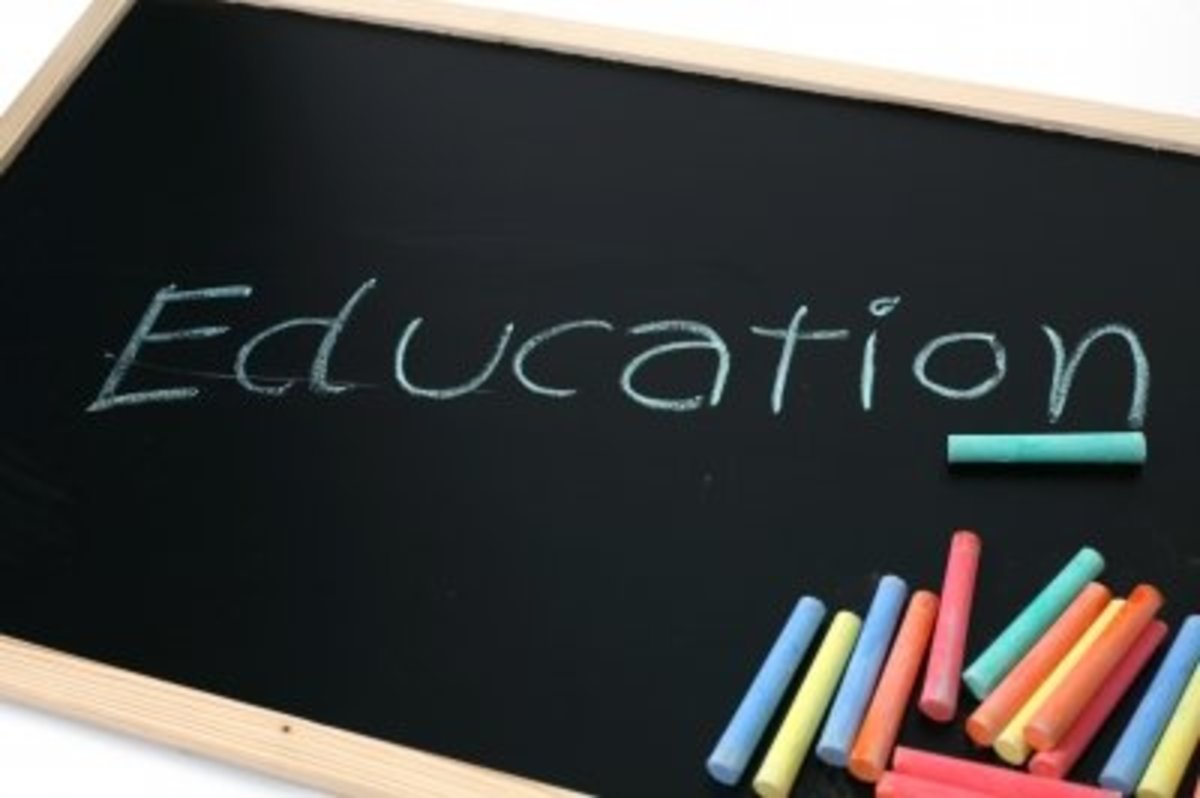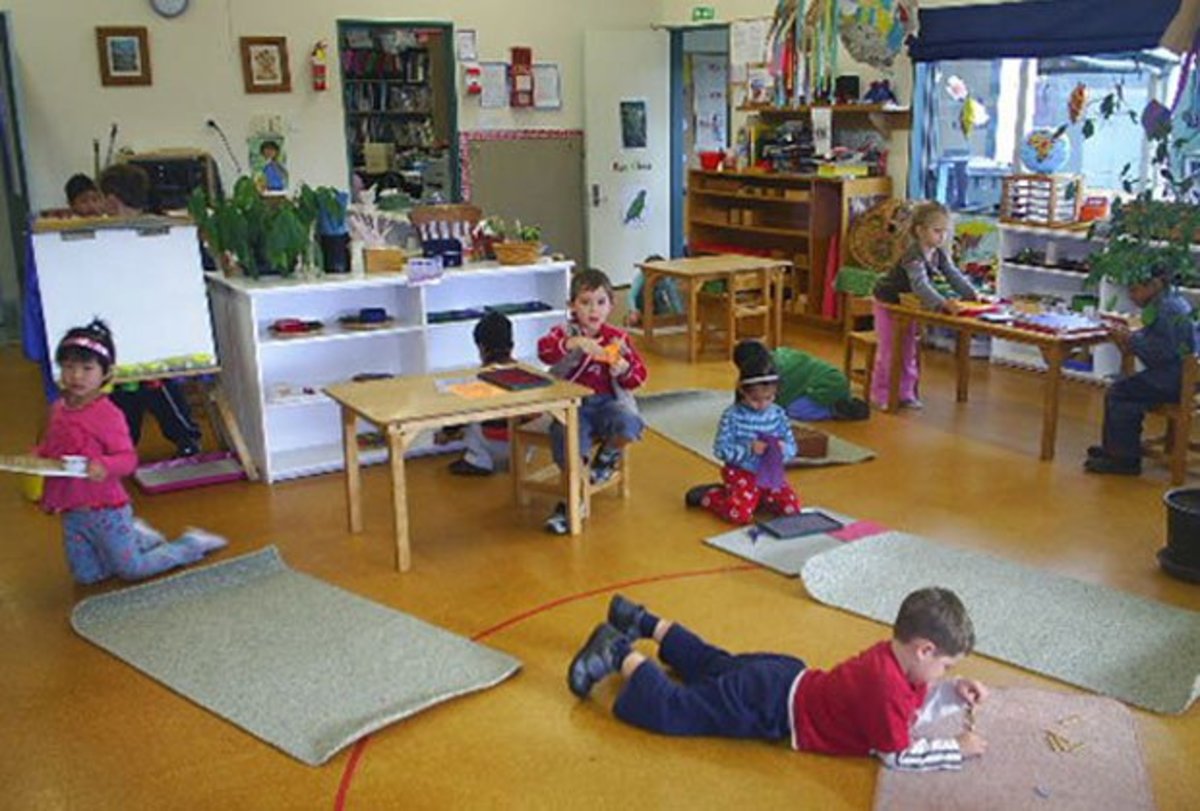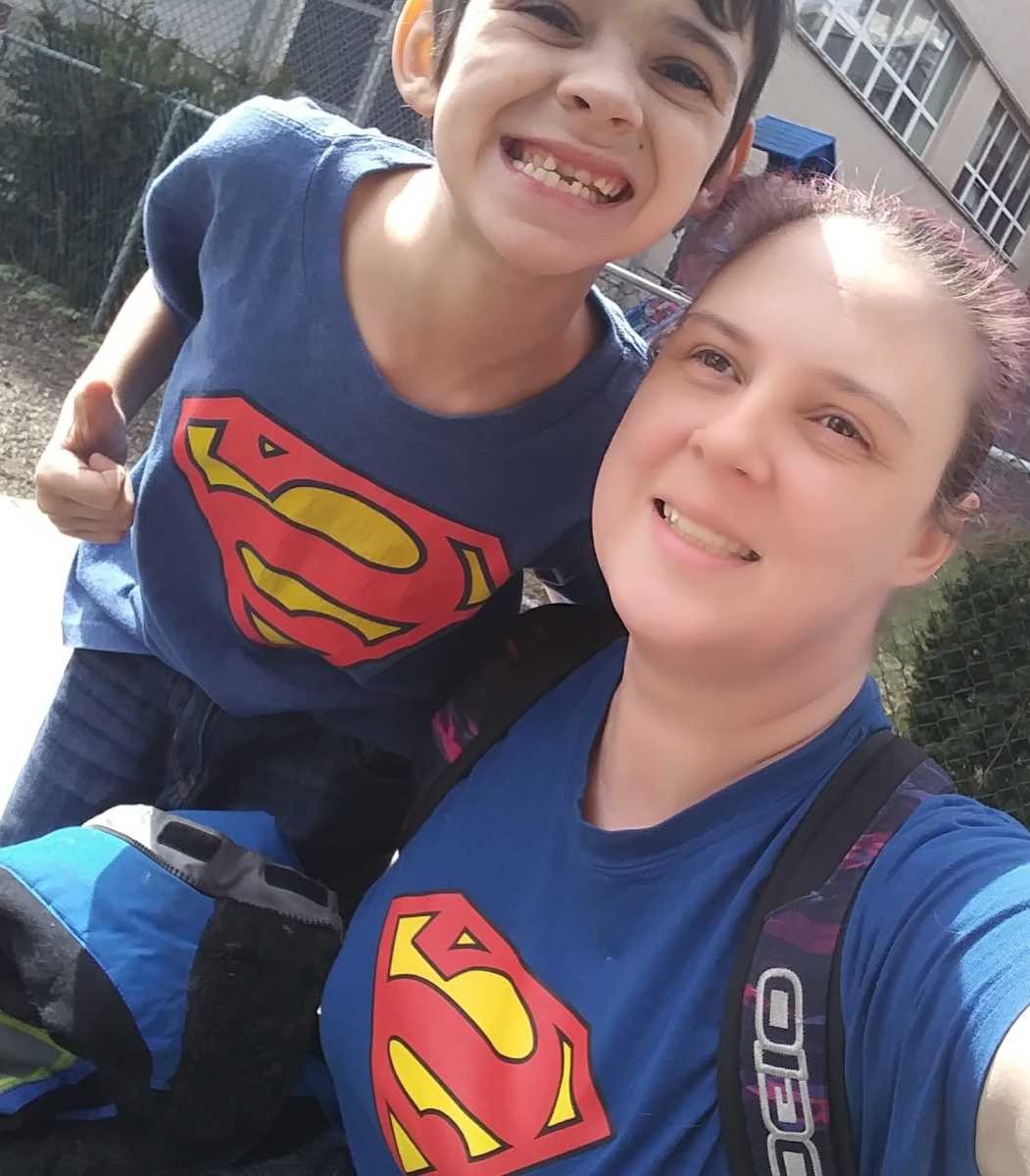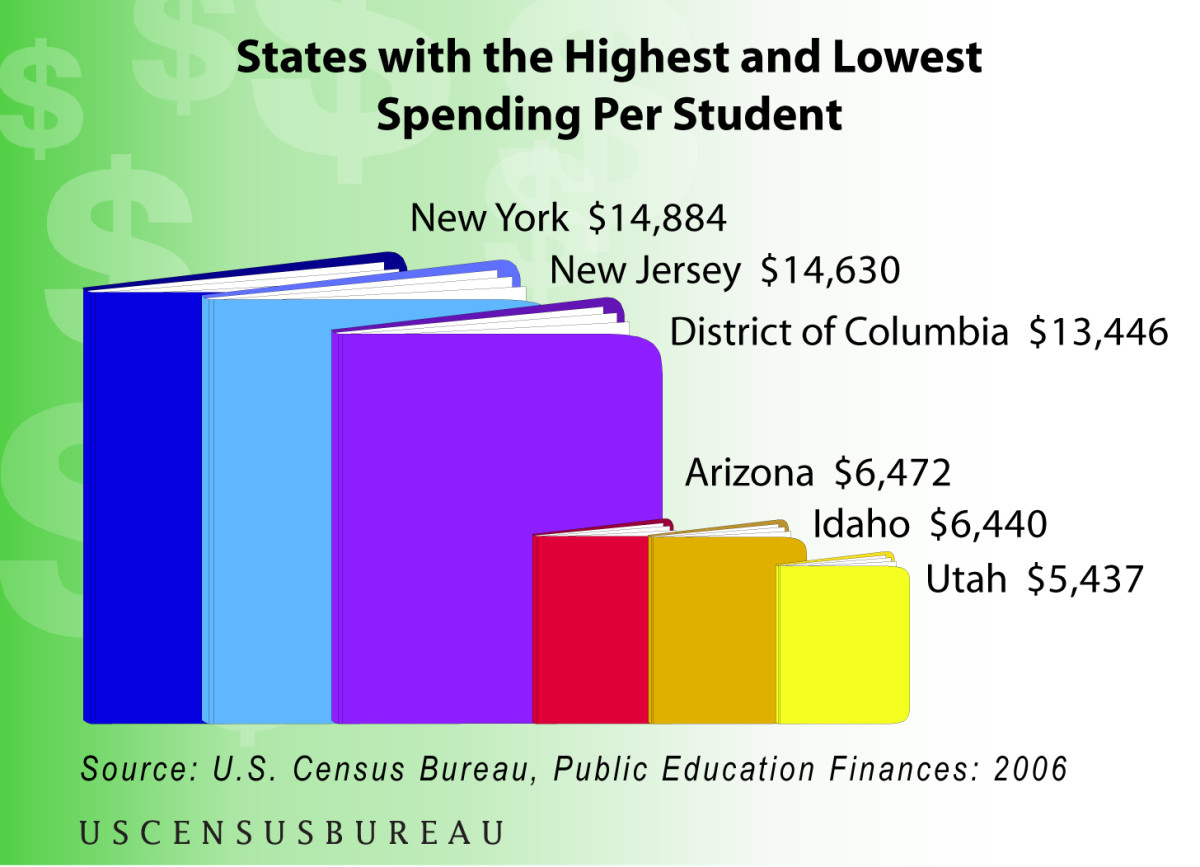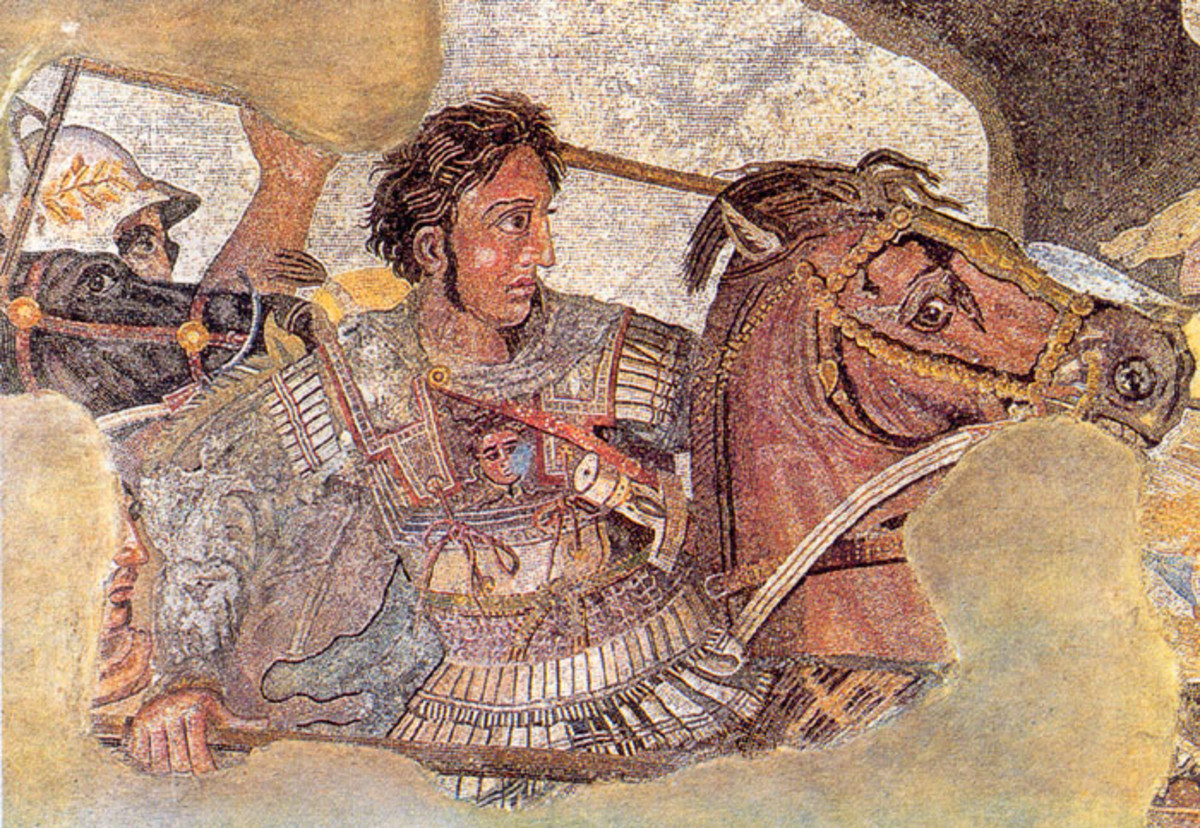- HubPages»
- Books, Literature, and Writing»
- Books & Novels»
- Nonfiction
Theories of Childhood, a book review (Dewey, Montessori, Erikson, Piaget, Vygotsky)
At the time my daughter was born, I had already studied a book about infants and I was reading the one about toddlers. When I was done I stopped reading and moved on with other interests. Big mistake. As the years passed, I found myself puzzled about the pieces of information that I read over time in various magazines about child rearing, early childhood education, school curricula or stages of childhood. I realized that the more magazines I read, the more ignorant I am. So I decide to read the books that explains some of the subjects listed above.
I started with Jean-Jacques Rousseau because his work, Emile, was familiar to me.
- Emile, the perfect child
Whenever I have doubts about my parenting skills, I open up a page from a book called Emile, read few paragraphs and then think about what I just red. This reminds me that parenting is an endless argument,...
Few days ago, I just finished another one that made me be sorry I stopped reading about ways to educate your child. It is called Theories of Childhood, An Introduction to Dewey, Montessori, Erikson, Piaget, and Vygotsky , by Carol Garhart Mooney and had been published in 2000 by Redleaf Press.
Theories of childhood is "a practitioner's manual as well as a textbook" designed "for the person working with young children who wants to better understand how children think and act and how to be more effective with them." It features five illustrious pedagogues whom lifetime work have been influenced the way we educate our kids today: John Dewey, Maria Montessori, Erik Erikson,Jean Piaget, and Lev Vygotsky.
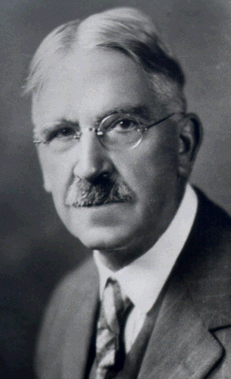
"Dewey insisted that education and experience are related but not equal, and that some experiences are not educational at all. He called these miss-educative experiences. Dewey believed that an activity is not a learning activity if it lacks purpose and organization" - p. 14
John Dewey (1859-1952)
Dewey is one of the earlier childhood theoretician. He was a professor for most of his life and wrote numerous books and articles "on philosophy and practice of education". His main ideas were exposed in a document called "My Pedagogic Creed", published in 1897. He said that
Children learn from interaction with peer and adults;
Education is part of life;
Teachers must consider every child's interests and background;
Teachers must consider the values of families and communities;
Teachers not only teach children, they shape the society.
Dewey believed that every activity should expand the children's knowledge and understanding. He said that "fun" is not enough" for education, teachers should develop children interests and build their learning.
The book takes every idea a step further and speaks about the teacher's role in educating the children, what do they need to know in order to succeed, what tools to use and how to plan and use a purposeful curriculum. Every chapter has a class case that is explained in plain English for easy understanding.
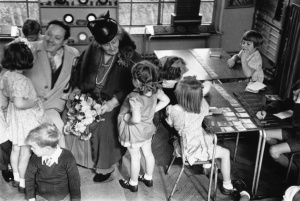
"Many Montessori's ideas are so basic to the way we think about early childhood today that we take them for granted". p-22
Maria Montessori (1870-1952)
Maria Montessori was born in Italy and was educated to be a doctor, specialized in pediatrics. She was the first woman in her county to graduate from a medical school. She developed her interest for children while working with patients in asylums. In 1907 she opened Children's House, a place where children from working families would spend their time, like in a day care. Her success cross the borders of her country and by 1913 there were almost 100 children's houses in America.
Analyzing Montessori's ideas, Carol Mooney synthesize them in few simple lines:
Child-centered environments by providing real tools that work, keeping materials and equipments accessible and organized and pay attention to beauty and order in the classroom;
Competence and responsibility by allowing children to take responsibility, scheduling large blocks of open-ended time;
Observation by taking time to observe the children and use this observation as a guide in planning curricula and organizing the environment.
Mooney also explains that, today, there are many schools that call themselves Montessori but "some of them would never meet Montessori's own standards".
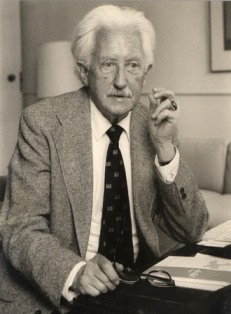
"Erikson's theory says that babies will develop the strongest sens of security if they know that adults will come running when they cry. By meeting their needs quickly and consistently throughout their first year of life, teachers are doing the opposite of spoiling". p 43
Identity crisis is a term introduced by Erikson to describe the achievements vs expectation for a specific stage.
Erik Erikson (1902-1994)
Born in Germany, Erikson came to America in 1933 and worked at Harvard and later at Yale. In 1950 he published Childhood and Society, book that "is considered a classic by educators, psychologists, and sociologists. His theory is called "The Eight Stages of Man" and basically divides a lifetime in eight stages, each of them having it's own characteristics and it's own purpose. He believed that the outcome of a previous stage it is very important for the next one and so on - the negatives and positives results accumulating during a person's life.
Mooney's book only speaks about first three stages that covers the first 6 years of a child.
First stage (the fist year of life) is called trust vs mistrust when is important to build trust by meeting baby's needs - holding babies when feeding, responding right away to their cry, support
attachment through primary care giving.
Second stage (2 -3 years) is called Autonomy vs Shame and Doubt when it is important to help the children achieve autonomy by giving them simple choices, not giving false choices, setting clear, consistent, reasonable limits, accepting children's swings between independence and dependence.
Third stage (4-5 years) is called Initiative vs Guilt when kids acquire a sens of purpose: encourage independence, focus on gains, no mistakes, consider individual differences, focus on real things.
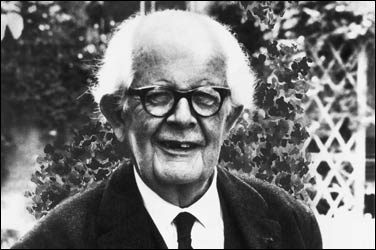
Jean Piaget (1896 - 1980)
Piaget was born in Switzerland and later moved to Paris where he became interested in the way children learn and he came to the conclusion that learning is created by interactions with the environment. He believed that through play kids make sense of reality that surround them and they learn when they are curious. "According with Piaget, the best strategy for preschool curriculum is to keep children curious, make them wonder, and offer them real problem-solving challenges, rather then giving them information". He too developed a stage theory.
For her book, Mooney analyzes the first two, from birth to 6 year:
The Sensory stage (birth to 18th) when learning is acquired through sense and reflexes. Teachers should keep babies busy in a safe environment and respond positive to separation anxiety.
The Preoperational stage (18 month to 6 years) when children form ideas based on their perceptions, overgeneralize based on their own experience, can focus on only one thing at a time. Teachers should provide large blocks of free play time, provide real world experiences, plan open ended activities and ask open-ended questions.
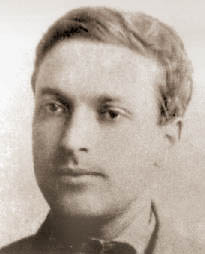
"Vygostky though that personal and social experience cannot be separated. The world children inhabit is shaped by their families, communities, socioeconomic status, education and culture. Their understanding of world comes, in part, from the values and beliefs of the adults and other children in their lives".
Lev Vygotsky (1896 - 1934)
This Russian literature teacher, who died of tuberculosis, was particularly a linguist, and searched the relation between language and learning development. Like Dewey and Montessori he believed in observation as the best way to teach a child, in interaction with teachers and peers to achieve knowledge.
His theory is known as Zone of proximal development or ZPD that means the distance between what a child can do alone and what he can do with help. This theory speaks about stretching a child's limits with help from teacher and with interaction.
A curriculum should start with careful observation and should be challenging. Teachers should encourage language development through conversation, and interaction through opportunities for children to work together.
Mooney says she wrote the book "late at night and on weekends, sandwiched between family and work life". The book is a must for all preschool and kindergartner teachers as well as parents. Her real life examples help us understand these theories. Mooney explains she wrote the book to make these ideas accessible, to brush them from academic language and to show how this knowledge can be brought to classrooms.
The book has only 96 pages and is an easy and pleasant read.



